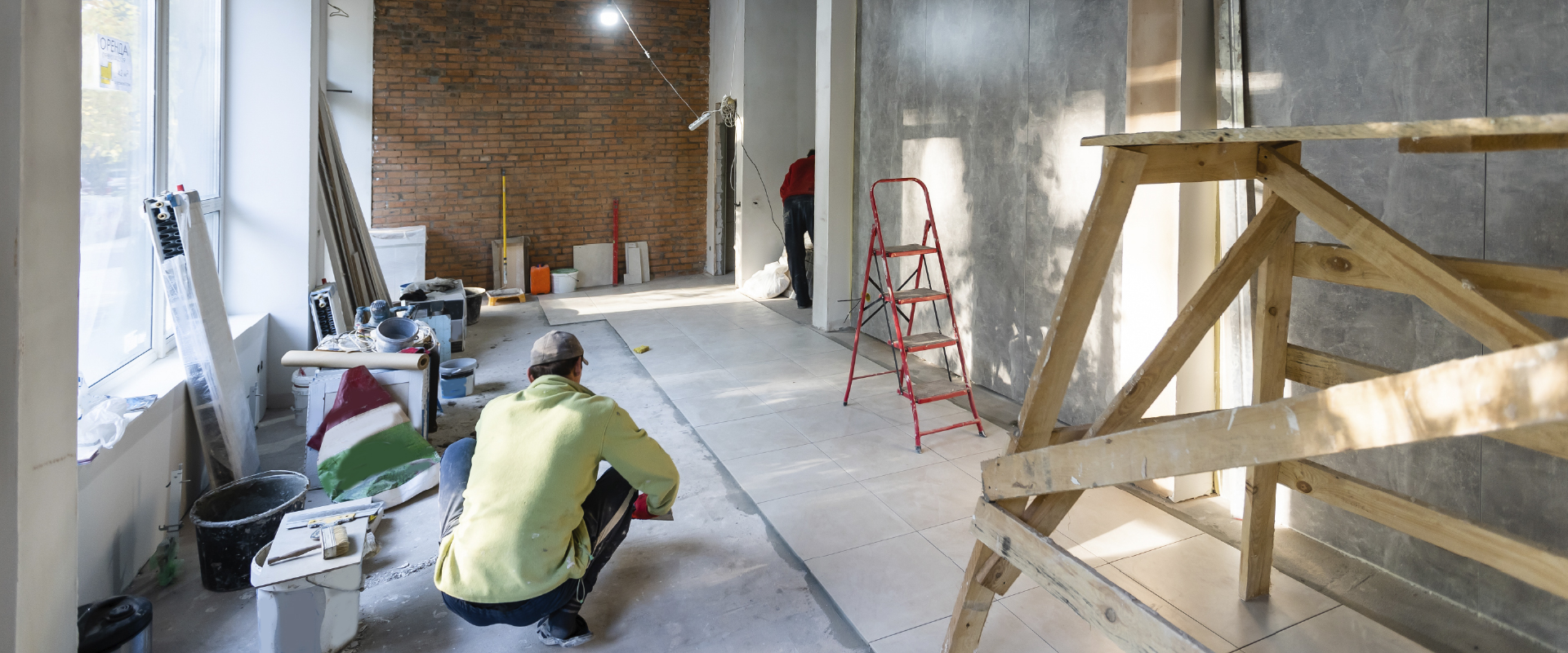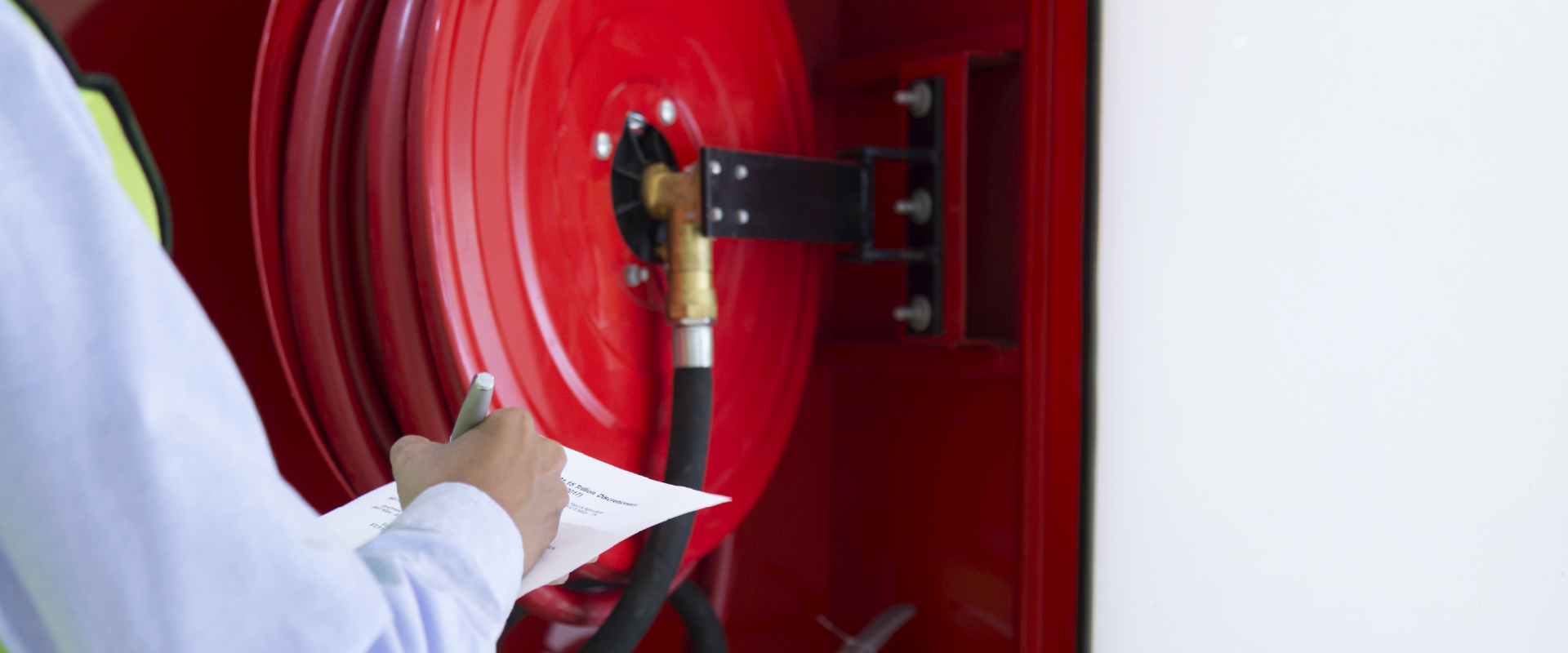Your home is your castle and your sanctuary, a place for you and your loved ones to feel safe and protected. When it comes to fire prevention, you probably avoid leaving a burning candle or the stove unattended, but there are other simple things you can do to avoid house fires or minimize the damage they cause.
With our experience working in disaster recovery and restoration after house fires, at CRUSA we’ve seen firsthand the consequences of good fire prevention or lack thereof, and we’re happy to share our 8-point fire damage prevention checklist with you.
1. Install and Maintain Smoke Alarms
Smoke alarms are a critical element in home fire safety. They provide the first alert when a fire starts, giving you crucial time to respond and evacuate if necessary. According to the National Fire Protection Association, at a minimum, you need a smoke alarm inside every sleep room (even for existing homes) in addition to outside each sleeping area and on every level of the home.
Test the alarms monthly, replace the batteries annually, and the entire unit every decade.
2. Have a Fire Escape Plan
If a fire occurs, there may be little time to think. Prepare in advance with a detailed fire escape plan. Your fire escape plan should define two exits for every room, a designated meeting spot outside, and a reminder to call 911 in case of fire.
Review the fire escape plan regularly and practice the required steps with anyone else living in your home. That way, even if the fire occurs at night, you improve everyone’s chances of getting out unscathed.
3. Maintain Your Heating System
When your heating system is not properly cleaned or maintained, it can malfunction and cause a fire. Before the cold season begins each year, don’t forget to schedule a maintenance check to ensure your heating system is in good working order and not a fire hazard.
4. Install a Fire Sprinkler System
Although smoke alarms are helpful in alerting you of a fire, residential fire sprinkler systems go a step further.
With a fire sprinkler, a house fire can potentially be kept under control until the fire department arrives, and some small fires can be completely put out, preventing severe damage.
5. Renovate and Decorate With Fire Prevention in Mind
Some building materials, like brick and concrete, are naturally fire resistant and may be a safer choice for your next home remodeling or expansion project.
When choosing furnishings, curtains, and other textiles, prefer those with fire retardant or fire resistant properties.
6. Keep Fire Extinguishers Handy
Fire extinguishers save lives as they can quickly suppress small fires before they get out of control and endanger people.
Keep your extinguishers close to where a fire is most likely, like your kitchen, and make sure to check the expiration date and replace them as needed.
7. Ensure Your Electrical System is Updated
Many house fires are caused by electrical malfunctions and outdated systems that can’t keep pace with the increased power use of all our modern devices.
Avoid overloading circuits, use a surge protector for high-voltage appliances, and have your wiring inspected by an electrician if you experience regular issues. Upgrading your system may be necessary.
8. Beware of Hazardous Materials
Check your home and garage for flammable and hazardous materials. Keep them in an appropriate, secure designated area, away from the main living space. Ensure the storage space is cool and dry (i.e., not the attic) to prevent the hazardous materials from becoming a fire risk.
A common hazardous material? The lint in your dryer. Be sure to have your dryer vent cleaned every year. Failure to clean is a leading factor in dryer fires.
Conclusion
Fire damage prevention starts with classic tips such as a reminder to purchase and maintain your fire extinguishers and smoke alarms, and includes routinely reviewing your home’s systems and performing maintenance. An ounce of prevention is worth a pound of cure, and a proactive approach is well worth it when it comes to avoiding costly and damaging house fires.
At CRUSA Construction and Restoration, we care about our customers and the communities we serve. Let’s work together to ensure that your home is as fire-proof as it can be.
Frequently Asked Questions About Fire Damage Prevention
It is recommended to test smoke detectors monthly and replace batteries once a year. The entire unit should be replaced every ten years.
For homes in wildfire-prone areas, it’s important to create a defensible space around your property. Remove dead vegetation, trim trees, and try to leave space between your home and any flammable material or vegetation surrounding it.
When building or landscaping, prefer fire-retardant materials when possible.
If a fire occurs, you don’t want to be wondering if your extinguisher is the right kind for your type of fire; you just want to put out the fire.
We recommend buying multipurpose fire extinguisher(s) (labeled A-B-C) that can be used on all types of home fires.
After a storm, seek professional help to assess and repair the damage. CRUSA Construction and Restoration offers comprehensive services, from repairing storm damage to fire damage prevention.






